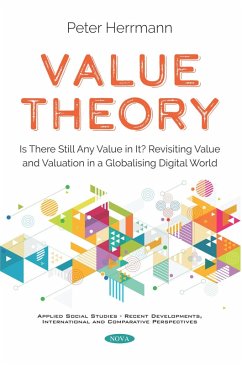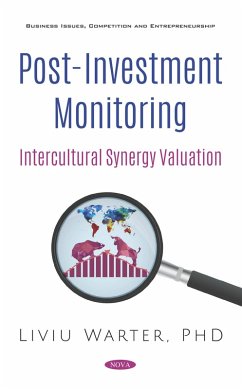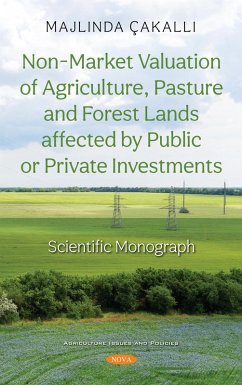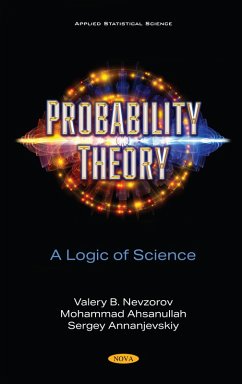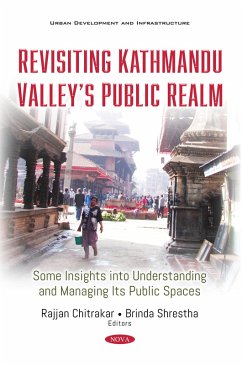The theory of value is probably the most disputed feature of Marx' political economy, while mostly another problem - namely the issue of transformation - is addressed. Two particular reasons for this contestation are the following: (1) it stands at the centre of marking the political of political economy, and (2) it is cross-cutting with respect to the micro- and macro-level and especially the 'personal/individual' and the 'societal/institutional' aspects of economic thinking. In addition, some illusionary reasoning, suggesting that we are all better off than we had been 10, 50 or 100 years ago, remains more in the vein of a 'Yes, we can' supposition, not arriving in reality. Furthermore, the questionable character comes even more to the fore as we witness again the existence of a group of plutocrats (Freeland, 2012), a class of superrich whose affluence is beyond reason and even imagination. However, at the core stands an obviously far-reaching change of the mode of production. Notwithstanding the critique then and now, there are good reasons to emphasise the usefulness of the theory of value. These will be taken up by exploring explicitly the tensions mentioned and discussing them against the background of the contemporary shift within the capitalist mode of production. Marxism, in this light, is instrumental for the analysis of globalisation as it allows a clearer understanding not least of the emergence of poverty chains and the role of the capitalist state as an institution that maintains centre-periphery patterns of inequality within the productive sphere. Furthermore, we can find here at least clues for answers Marxism has when it comes to fighting for societal change, not least changes and challenges that are linked to the emerging processes around digitisation.
Dieser Download kann aus rechtlichen Gründen nur mit Rechnungsadresse in A, B, BG, CY, CZ, D, DK, EW, E, FIN, F, GR, HR, H, IRL, I, LT, L, LR, M, NL, PL, P, R, S, SLO, SK ausgeliefert werden.

